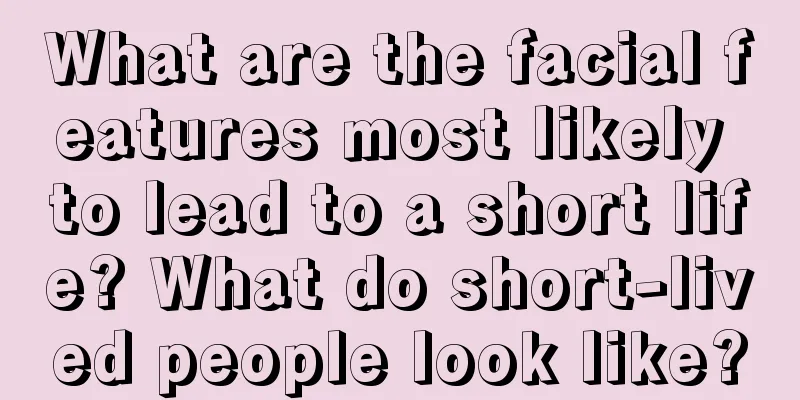Australia plans to abolish the largest denomination banknotes, digital currency is the general trend

|
How can one not be stunned by the fact that the world of Bitcoin and digital currencies is making great efforts to develop mainstream usage, while cash economic tools are struggling in one country after another. The innovative blockchain technology brought about by Bitcoin may be having an unexpected consequence for freedom and privacy as the financial sector prepares to replace the use of cash with a new digital economic system. 'Black economy' becomes excuse for cash banAs the global cash ban movement spreads, Australia is also preparing to wield the stick. Australia's largest denomination banknote, the $100, is "under review" to help combat the "black economy", or illegal economy. The term "black economy" was also used by Indian Prime Minister Narendra Modi when he announced the cash ban. This "black economy" accounts for about 1.5% of India's GDP, which is not taxed. According to the Australian News Network, Australia looks set to follow in the footsteps of India and Venezuela, and we may have to say goodbye to the $100 dollar. Australian Minister for Revenue and Financial Services Kelly O'Dwyer said on ABC radio on Wednesday:
She warned there were currently three times as many $100 notes in circulation as $5 notes. Kelly O'Dwyer In the coming weeks, an 'expert panel' will decide the fate of the $100 note, and the $50 note may also be on its way. It comes as Swiss bank UBS last month suggested the $100 note could be withdrawn from circulation, listing the benefits of doing so: "increased tax revenue, lower crime, less welfare fraud." UBS admitted the move would not hurt bankers. The UBS report shows:
However, the demonetization movement seems to have encountered some resistance, with some people believing that the idea of demonetization is simply the government's desire to spend more taxes. Australian Liberal Democratic Party Senator David Leyonhjelm blamed the problems of the cash economy on the government's tax policy, saying:
David Leyonhjelm The global cash ban movement seems to have some geographical limitations. India is not using the excuse that the notes are not used often, so they should be abolished, as the 500 and 1000 rupee notes are the most widely used notes. Spain and France have recently banned withdrawals of more than 1000 euros. Venezuela just announced the abolition of the 100 bolivar note. Meanwhile, many countries have announced that they may adopt national digital currencies in the future, including China and Ukraine. Australia, Canada and other countries are also considering creating their own national digital currencies in the form of Bitcoin. Of course, the main difference in a national digital currency system would be a closed-loop network, unlike the open-source protocol used by Bitcoin. The huge benefit of this national digital currency network is the so-called 'capital struggle', which prevents citizens from moving their funds abroad to better investment options. Therefore, by trapping all funds and citizens into the new national matrix, this ability to escape the bear market will be eliminated. This is just one of the problems that banning cash will cause, why should citizens fight against these measures by central bankers and governments. If all transactions become digital, all cash is banned. All transactions need bank approval, which will take longer than cash transactions, and it is definitely not good for privacy. Every transaction provided to the government can be tracked by amount, time, location, etc. If this trend of cash being outlawed continues, it looks like we’ll all be using digital currencies in the near future. The question may be: will you use a national version of Bitcoin, or the original Bitcoin? Be sure to choose your next digital currency wisely. |
<<: ViaBTC and Roger Ver have no intention of fighting SegWit, but the challenge continues
>>: UK startup attempts to build blockchain infrastructure for the energy industry
Recommend
Data: The number of crypto ATMs worldwide increased significantly in 2020
The world's first Bitcoin ATM appeared in 201...
What does Tianji mean in Fude Palace?
Tianji, which belongs to Yin Wood, transforms int...
What does a mole on the earlobe mean?
Most moles on the ears are auspicious moles, but ...
Coin Zone Trends: Bitcoin Price Trends Based on Big Data This Week (2016-09-13)
4000 points of attack and defense 1. Market trend...
Pakistani provincial government launches two state-owned Bitcoin mines
The government of Pakistan’s Khyber Pakhtunkhwa p...
Who is the most optimistic by nature?
Who is the most optimistic by nature? People live...
Fingers are the same thickness up and down
Fingers are the same thickness up and down Thumbs...
The face of a man who will be successful after marriage
Many people are penniless before marriage, but su...
DeFi Insights: Understanding the Essence of DeFi Lending from Traditional Banking Business
When facing certain applications or businesses in...
Where is the beauty mole? Is the fate of people with beauty moles good?
The concept of beauty mole has existed since anci...
Missed out on ENS and TNS airdrops? Coinbase's Unstoppable is worth ambush (with tutorial)
Still upset about missing out on the ENS airdrop?...
What are the internal organs corresponding to the five features of a person’s face?
A person's face not only affects his fortune,...
The average cash flow of miners has turned into a resistance state. The local trend of BTC may have peaked.
On April 20, U.S. crude oil futures - West Texas ...
What kind of personality do people with broad foreheads like in a partner?
When it comes to choosing a mate, I guess everyon...
What are the moles that can help you marry into a wealthy family?
Many people hope that they can marry into a wealt...









